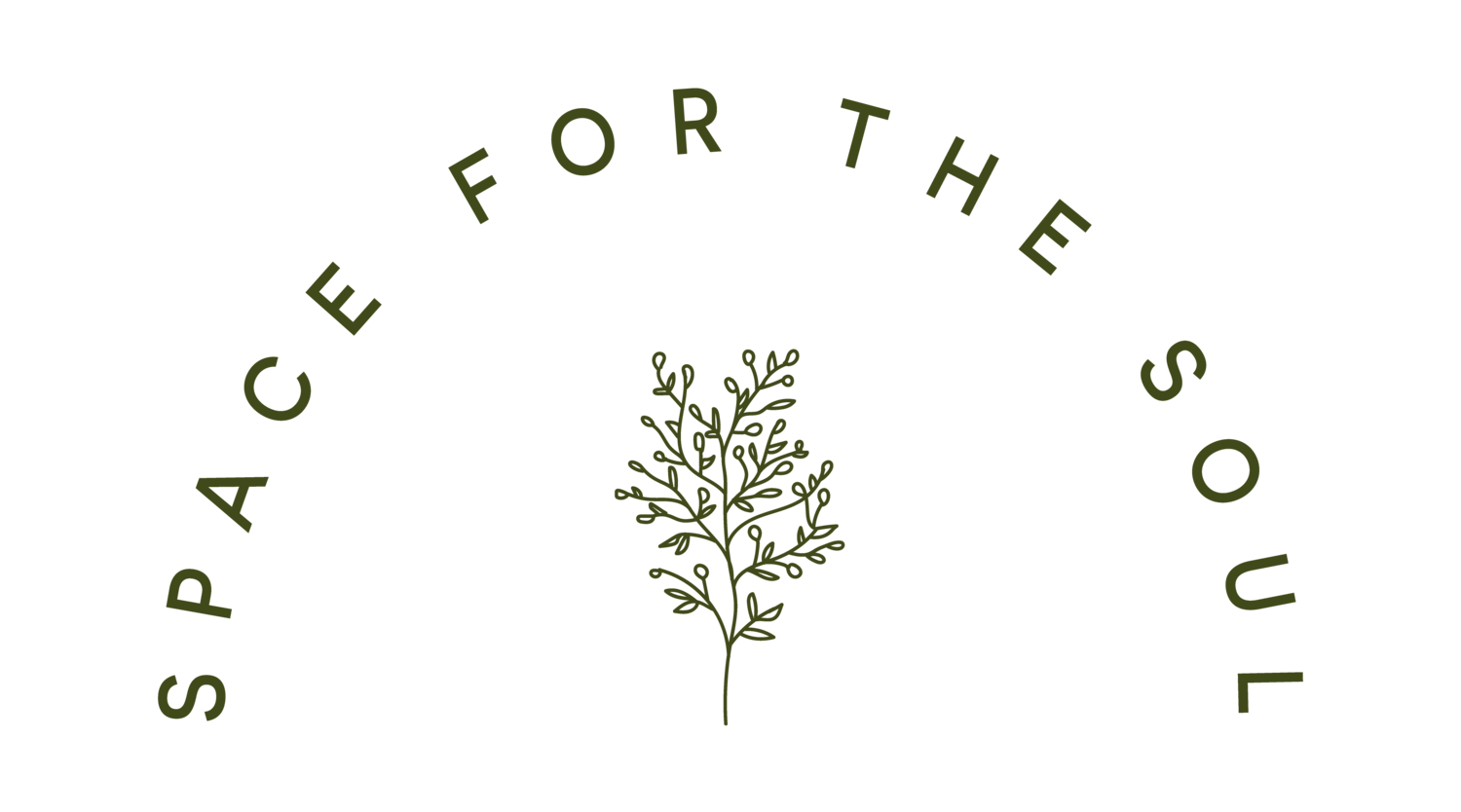How does counselling work?
You probably know someone who's been to counselling (whether they talk openly about it or not). In the past there has been a lot of stigma and misunderstanding surrounding this form of therapy and some people are still hesitant to talk about it, which of course contributes to the mystery of it all.
Counselling is not an easy thing to define or explain. It is a very individual process and as no two people's experiences are the same, this can also make it difficult to quantify and put words to.
However, I will attempt here to share some of my views, as a therapist, on how counselling can help:
The relationship. Being with a person who doesn't judge you and isn't emotionally invested in your life is a very rare and valuable experience. When you are allowed to simply be as you are and have your unique feelings and experiences validated by another, you can begin to integrate those parts of yourself that you may have felt unable to accept or tolerate before. Being seen in your wholeness and witnessed as you truly are is one of the most powerful and healing experiences there is. In the words of renowned psychiatrist, existential therapist and author Irvin D. Yalom "It's the relationship that heals."
Examining core beliefs. An important part of therapy (especially psychodynamic therapy, derived from the work of Freud and others), is the examination of old core beliefs. Beliefs are things we know as true, even though they are not necessary objectively true. We all have our own unique experiences of the world and the way we make sense of these creates our core beliefs. These are usually established in early childhood, before we have sufficient experience or understanding to evaluate things critically and therefore the beliefs we pick up are often limiting and confusing. Some examples of such core beliefs could be "I must be nice to everyone, or no one will love me." or "I must work harder than everyone else to prove myself." Core beliefs are usually semi-unconscious and so embedded in our way of thinking that we can't see them clearly. They are a bit like water to a fish and it can take the outside view of someone else to help us see the patterns in our own thinking and behaviors to help us see what beliefs we are actually operating from.
Taking responsibility. Getting to the bottom of what you really want from life and learning to take responsibility for creating this is a very empowering experience. Understanding yourself better and having time to reflect on your life in an open-minded way opens a lot of doors you may not previously have been able to see. This can afford you a great deal of freedom in how you choose to live your life.
Some other ways that counselling can help is:
Reduce stress, fear and doubt
Increase sense of meaning and purpose
Increase self awareness, self love and inner direction
Improve relationships with others
Increase feelings of peace, enjoyment and fulfillment
If you are interested in working with me one to one you can read more here.

